Humans news stories
A new quantum theory explaining how light and matter interact has also provided the first-ever depiction of the shape of a single light particle, a photon. The research is published in the Physical Review Letters.

Research led by the Universidad de Burgos has uncovered evidence suggesting Neanderthals engaged in collecting activities based on discoveries at the Prado Vargas Cave in Burgos, Spain…The research is published in the journal Quaternary.
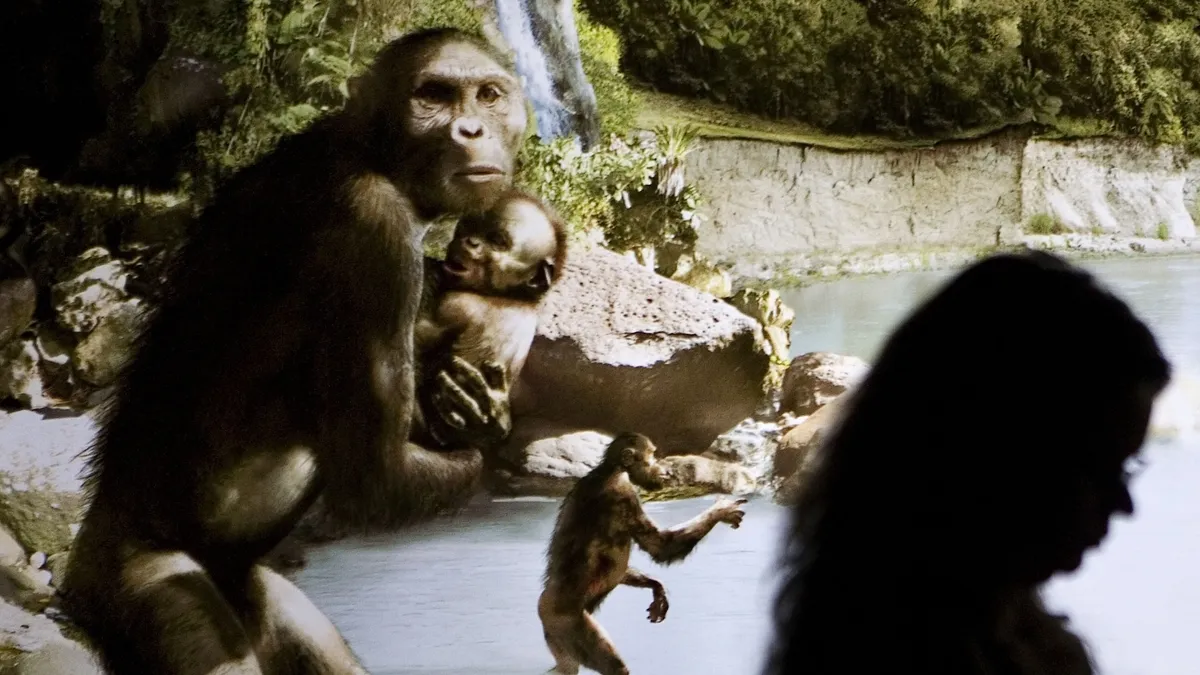
Lucy lived in a wide range of habitats from northern Ethiopia to northern Kenya. Researchers now believe she wasn’t the only australopithecine species there.

A team of researchers from The University of Texas at Austin and the University of California, Los Angeles, has revealed new insights into how ancient Europeans adapted to their environments over 7,000 years of European history. The study was published last week in the journal Nature Communications.

The analysis, which looked at nearly 6 million galaxies and quasars spanning 11 billion years of cosmic time, found that even at colossal scales, the force of gravity behaves as predicted by Albert Einstein’s theory of general relativity.
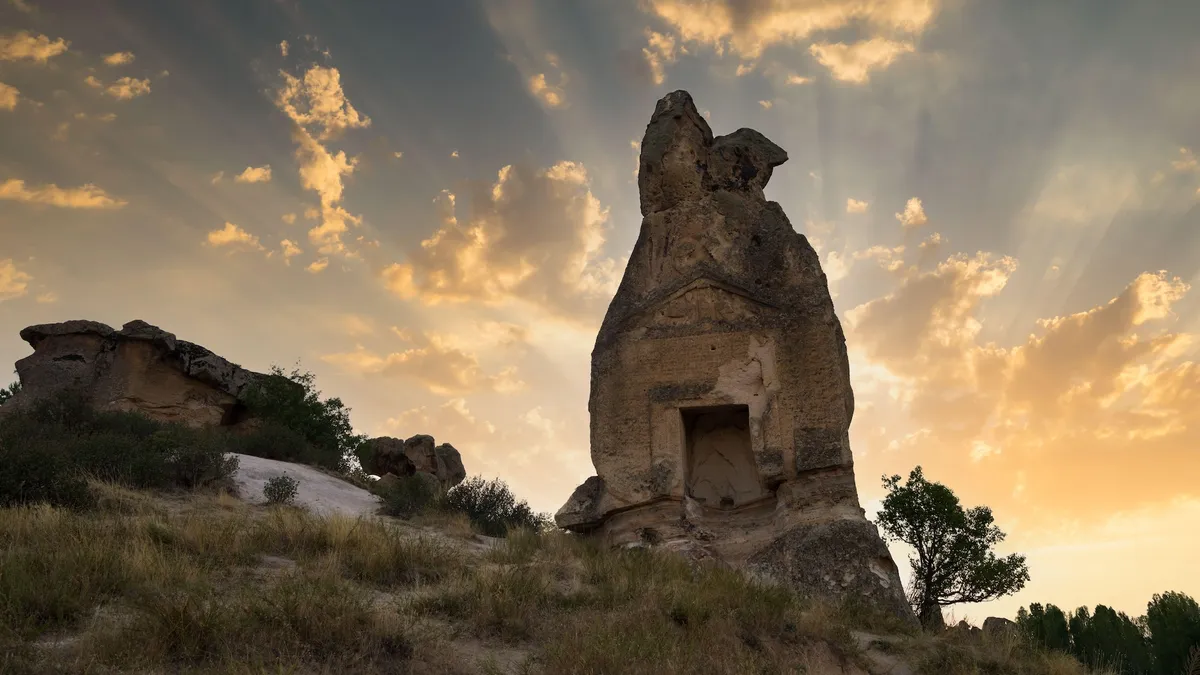
An ancient inscription decorated with lions and sphinxes is finally deciphered, and it involves the “mother of the gods.”

A new study by Dr. Linda Evans and her colleagues from Macquarie University, Australia, published in the Journal of Egyptian Archaeology, has recently identified what may be an Egyptian petroglyph depicting the zodiac sign Capricornus, a hybrid creature with the forequarters of a goat and body of a fish.
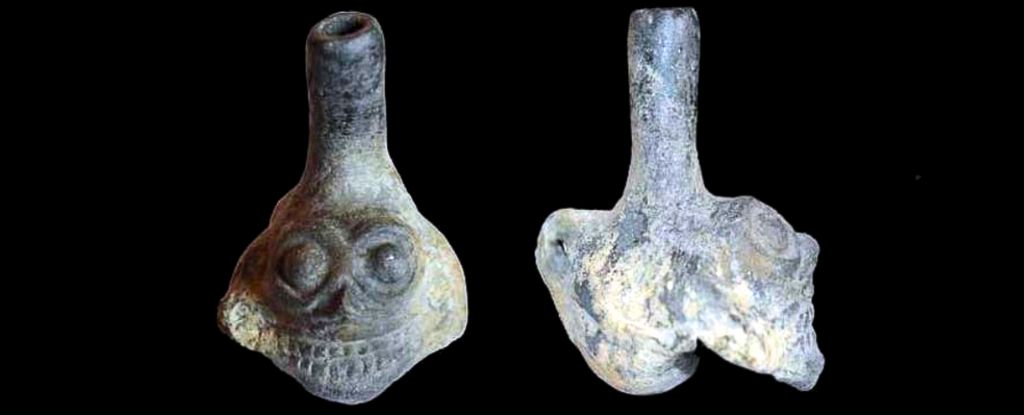
Brain scans suggest the whistle’s tones may do more than create a scary ambience. This research was published in Communications Psychology.

The VA is stepping up with its first psychedelic research study in decades, aiming to determine if MDMA-assisted therapy can offer real relief for veterans struggling with PTSD.
Ancient pollen and charcoal remains uncovered from islands north of Tasmania (Lutruwita) suggest that human fire management practices were happening in the region 41,600 years ago. The study, published in Science Advances, draws on 2 sediment records collected from islands in the Bass Strait.

A University of South Florida professor found the first-ever physical evidence of hallucinogens in an Egyptian mug, validating written records and centuries-old myths of ancient Egyptian rituals and practices. Published in Scientific Reports, the study sheds light on an ancient Egyptian mystery…

A collection of perforated pebbles from an archaeological site in Israel may be spindle whorls, representing a key milestone in the development of rotational tools, including wheels, according to a study published November 13, 2024, in the open-access journal PLOS ONE.
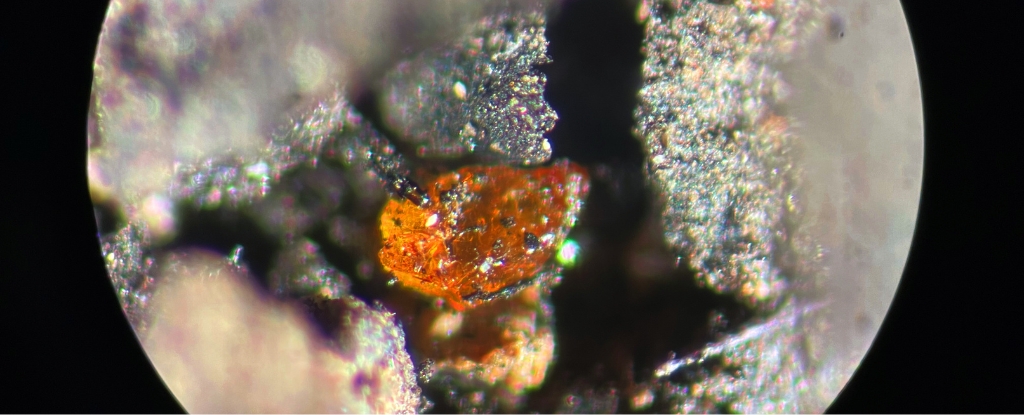
Imagine a time machine that could whisk you back to the age of the dinosaurs. Suddenly, you find yourself in a dense, swampy forest, with insects buzzing between flowers, ferns, and conifers. Believe it or not, you’re standing in West Antarctica. The study was published in Antarctic Research.

A team of archaeologists from LSU and the University of Texas at Tyler has excavated the earliest known ancient Maya salt works in southern Belize, as reported in the journal Antiquity.
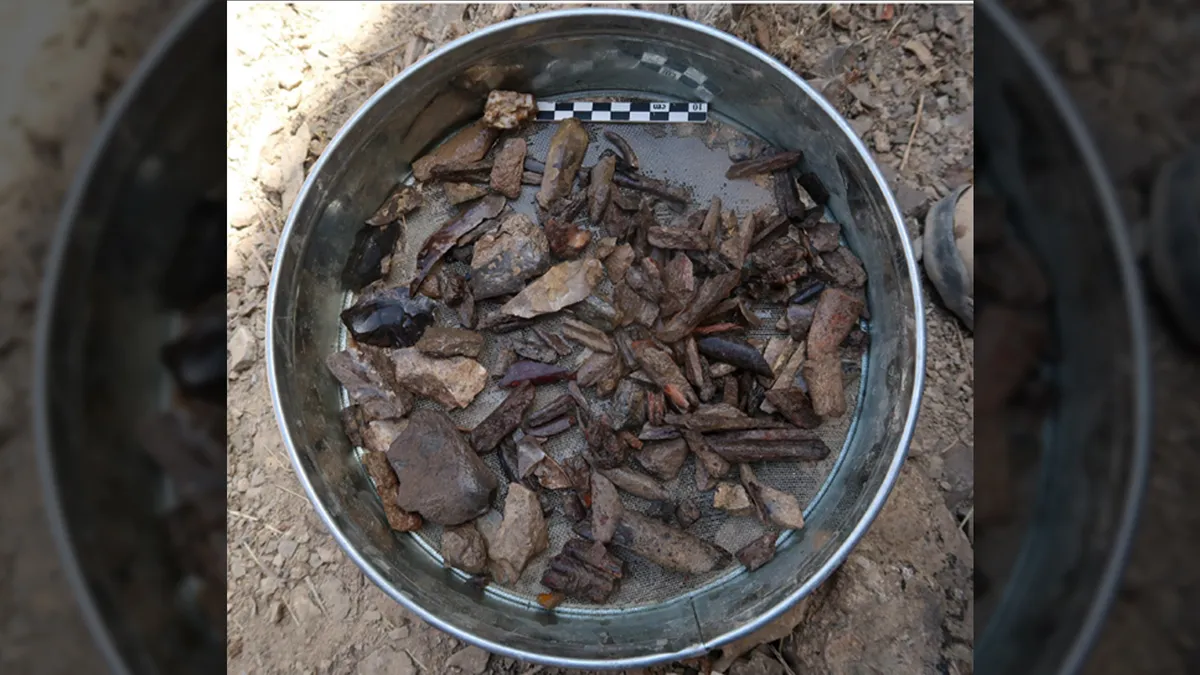
Along a stream in Tajikistan, archaeologists have discovered a rock-shelter that may have been a migration site for Neanderthals, Denisovans and modern humans over a span of 130,000 years. See the study here.

Scientists believe individuals of the most recently discovered hominin group (the Denisovans) that interbred with modern day humans passed on some of their genes via multiple, distinct interbreeding events that helped shape early human history. The paper was published in Nature Genetics.








